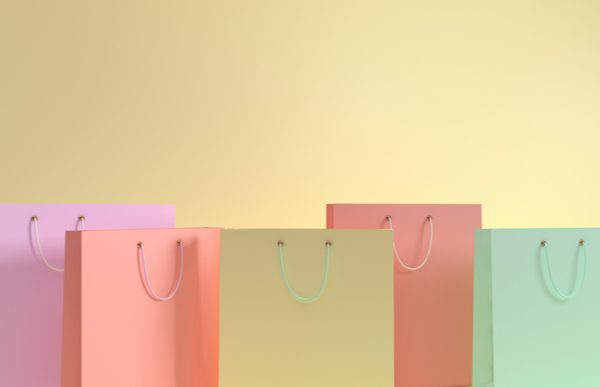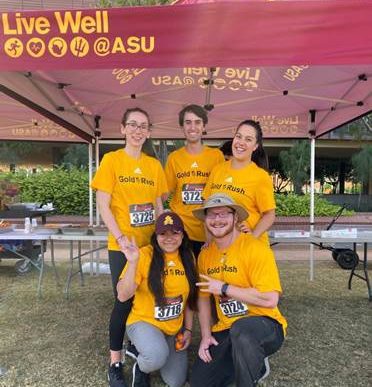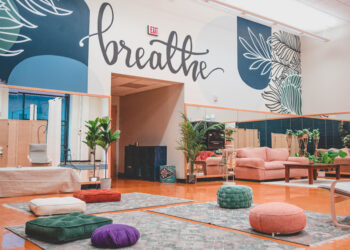
The idea to provide well-being bags to students sparked at the beginning of the pandemic for staff at Arizona State University (ASU).
During a pilot offering in the spring, the ASU Fitness and Wellness team partnered with University Housing to brainstorm the idea of creating these well-being bags with the goal to target students who stayed in residence halls through final exams.
“We provided wellness resources such as our departmental wellness books, some self-care tips, mini bands and resistance tubes to our students who remained on campus through May,” said Ximena Iglesias, the engagement coordinator for Fitness and Wellness at the Downtown Phoenix campus. “Our goal was to remind students we are still here for them. We strive to try and remind our students that wellness is a priority, no matter the environment.”
To distribute the bags once the project was complete, staff set out large boxes in the main lobby of the housing buildings for students to select, while some community directors also helped deliver bags.
The Live Well team plans to offer the well-being bags again in the fall with a more intentional programmatic role, as well as host micro events with physically distanced in-person programs for first year students where they will also receive wellness resources.
“With limited in-person programs, we strive to program the items included in our bags into how-to workshops, at-home workouts and larger wellness events students can tune into, whether that be live on Instagram, Zoom or in-person,” said Iglesias.
For well-being bags in the fall of 2020, staff plan to add elements of stress management to the reusable tote bags including resistance bands, LiveWell @ ASU stress management tips, a stress ball, information about alcohol and drug prevention, fun puzzles and information from ASU and local community partners.
If your team is considering a similar offering, Iglesias shared advice for brainstorming supplies. “Budgeting is a challenge in this unknown time,” she said. “Look for free resources online and get creative with paper activities and puzzles that can be easily scaled. Check in with local community partners because they may be willing to partner with you to donate small items.”











